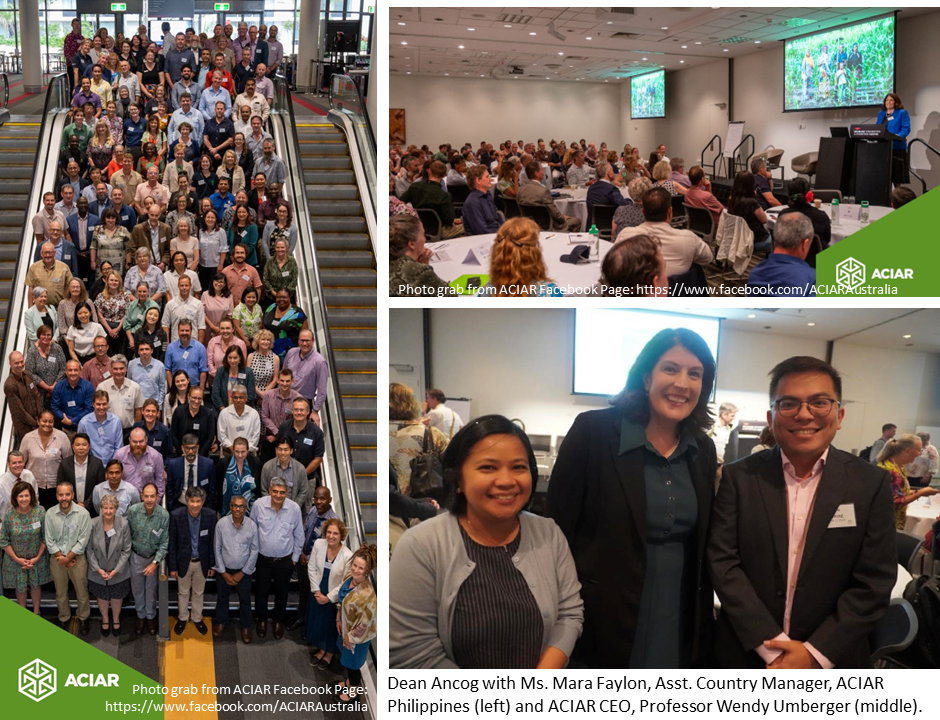The School of Environmental Science and Management-University of the Philippines Los Baños (SESAM-UPLB) held the 1st SESAM ExChanges Seminar for 2024 with the topic “Environmental, Social and Governance (ESG): The Asian Perspective” last February 23, 2023 via Zoom and Facebook Live. SESAM ExChanges is an environmental challenges and solutions seminar series organized by the Continuing Education and Training Division (CETD) of SESAM UPLB.
Dr. Chien-Wen Shen, Professor of Business Administration and a Division Director of the Sustainable Development and Social Responsibility Office at the National Central University (NCU), Taiwan tackled ESG with his presentation entitled “Impact Management and SDGs 2030: Operationalizing Sustainability Through Social Return on Investment (SROI)”.
In his opening remarks, Dr. Rico C. Ancog, Dean of SESAM-UPLB said that this webinar is important, focusing on ESG- Environmental Social Governance in relation to sustainability development goals. “For the longest time, we pursue environmental management in the Philippines and it follows a narrative when we talk about the private sector and the way to operate business activities requires trade-off in the social and environmental aspects. We now look at the private sector as an important partner in sustainability aspirations and achievement of sustainability”
Dr. Shen, served as the Director several institutions, namely, the Asian Institute for Impact Measurement and Management, the Yunus Social Business Center, and the Center for Media and Social Impact at NCU. “Impact is a change in an outcome caused by an organization. Impacts can be positive or negative, intended or unintended, and direct or indirect. It can vary on how much they contribute to the SDGs”, he said.
A graduate of PhD in Industrial Engineering and Management Sciences from Northwestern University, Dr. Shen established the “Yunus Prize: Social Innovation and Entrepreneurship Competition” in 2016 and the “Hope Media Award” in 2018 to advocate social value initiatives in Taiwan.
For. Sofia A. Alaira, Head of CETD, discussed SESAM ExChanges seminar series, which started in 2021. Resource speakers from different institutions around the world were already invited to speak in this webinar series. In this 10th installment, more than 300 attended via Zoom and Facebook Live.











